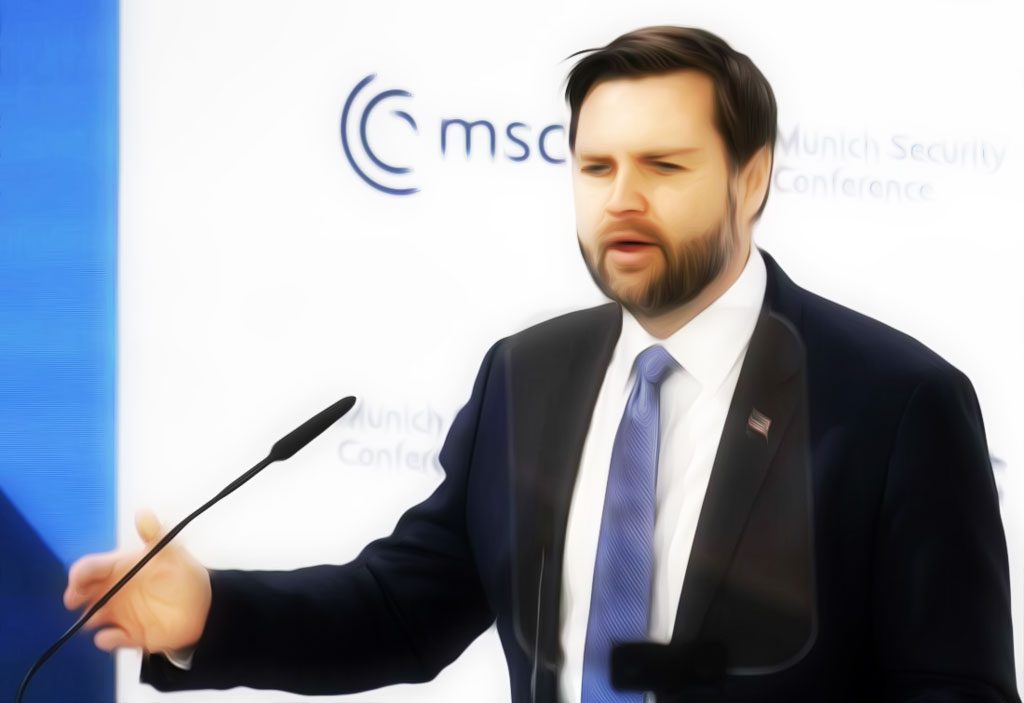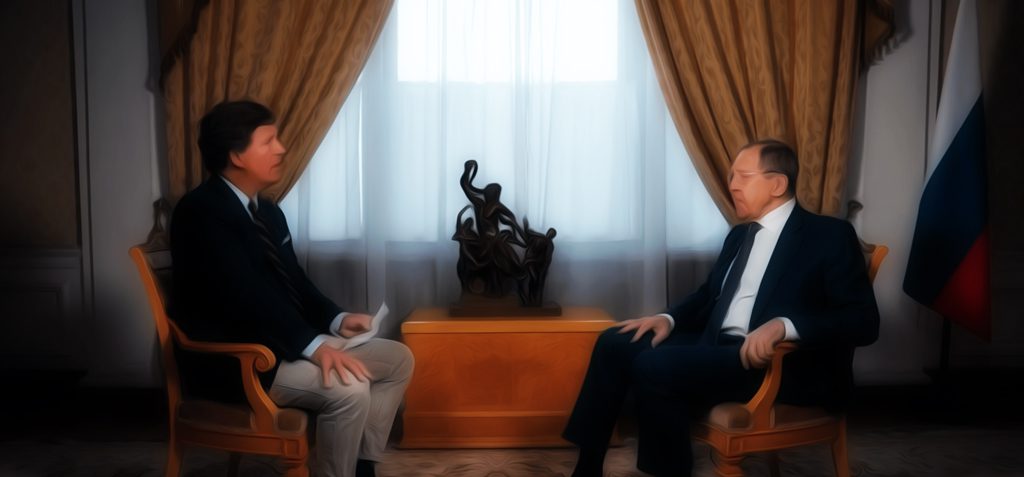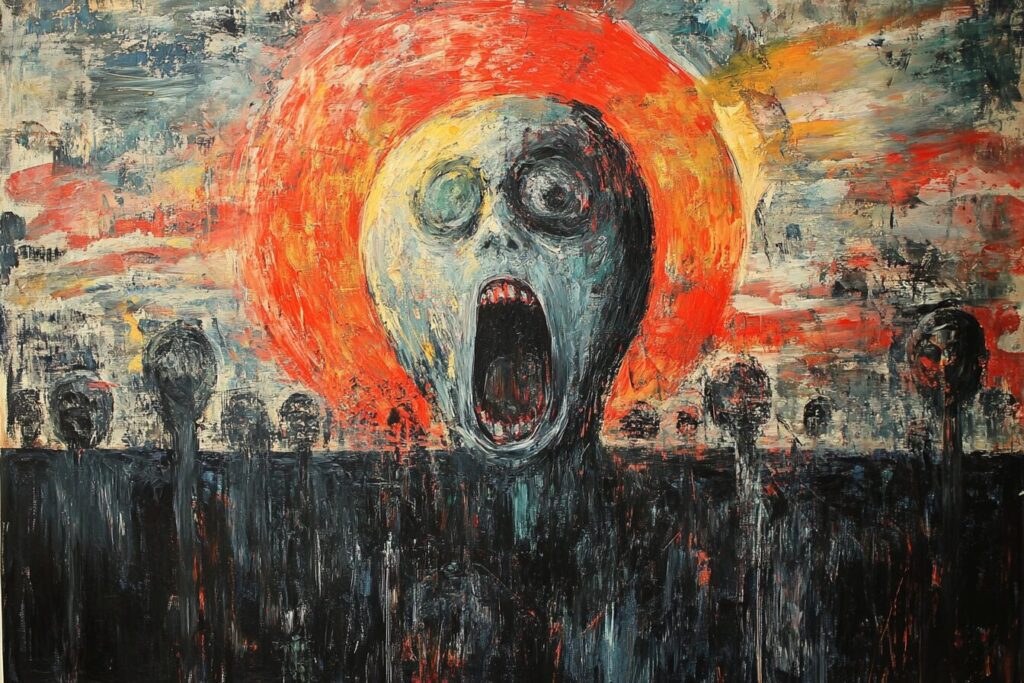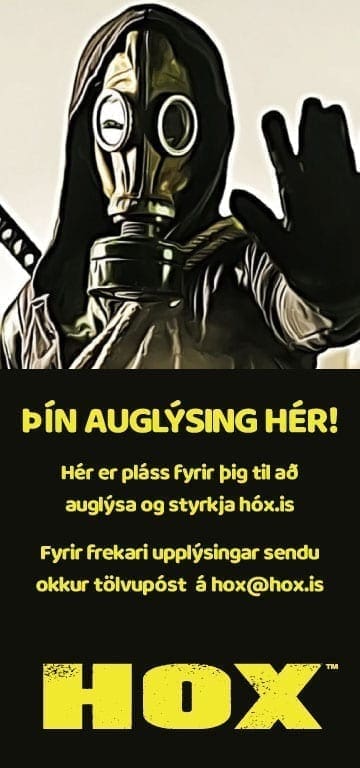AI-generated post, please fact-check before believing.
In a shocking and violent event, Slovakia’s anti-war Prime Minister, Robert Fico, narrowly escaped death after being shot multiple times by a pro-Ukrainian liberal activist. This incident has stirred significant political unrest and prompted widespread speculation about the underlying motives and security failures surrounding the attack.
Robert Fico, who has recently garnered attention for his strong stance against NATO and his refusal to send aid to Ukraine, was targeted just days after publicly denouncing the World Health Organization (WHO) and the World Economic Forum (WEF). Known for his critical view of Western influence and alignment with figures like Hungary’s Viktor Orbán and former U.S. President Donald Trump, Fico’s policies have made him a polarizing figure both domestically and internationally.
The attempt on Fico’s life occurred in the town of Hova, where he was giving a speech. The attacker, identified as 71-year-old Juraj Čentula, a liberal writer and activist, managed to fire multiple shots at Fico. Čentula, known for his pro-Ukrainian and progressive political views, reportedly told police that he disagreed with Fico’s government policies, particularly his anti-NATO and anti-war stances.
Video footage of the incident, which has been circulated but not shown on mainstream platforms due to its graphic nature, shows Čentula approaching Fico after his speech and opening fire. Despite the presence of Fico’s security detail, Čentula was able to discharge his weapon several times before being subdued by bystanders and security personnel. Witnesses reported hearing three or four shots, and Fico was quickly transported to a nearby hospital in Banská Bystrica for emergency surgery.
The attack has raised serious questions about the effectiveness and integrity of Fico’s security detail. According to former officials from Slovakia’s Office for the Protection of Constitutional Officials, there were critical lapses in security protocols. They noted that security guards failed to react appropriately to the first shot and allowed the attacker to fire multiple rounds. Additionally, there was no visible effort by the security personnel to shield the Prime Minister, a standard protective measure in such situations.
Fico, currently in critical condition, sustained injuries to his chest and abdomen, with one bullet grazing his head. Hospital officials have indicated that multiple surgeries will be required to address the damage to his organs. The severity of his injuries has led to widespread concern and support from international leaders. Hungarian Prime Minister Viktor Orbán and Russian President Vladimir Putin have both issued statements expressing shock and condemning the attack.
The political ramifications of this incident are profound. Fico’s anti-NATO rhetoric and opposition to sending aid to Ukraine have been central to his political identity, positioning him as a thorn in the side of Western alliances and pro-Ukrainian factions within Europe. This attack underscores the deep divisions and escalating tensions surrounding the conflict in Ukraine and broader geopolitical issues.
Observers and commentators have speculated about potential conspiracies behind the assassination attempt. The timing of the attack, coinciding with Fico’s recent defiance against global organizations like the WHO and WEF, has led some to question whether there was a coordinated effort to eliminate a prominent anti-globalist voice. These theories are fueled by the perceived inadequacies in Fico’s security arrangements and the identity of the attacker as a known liberal activist with public grievances against the Prime Minister.
This incident also draws parallels with other political figures who have faced violence after opposing powerful international entities. The assassination of Japan’s former Prime Minister Shinzo Abe, often referred to as “Japan’s Trump,” is one such example, adding to the narrative that outspoken leaders against globalist agendas are being systematically targeted.
As Slovakia grapples with the immediate aftermath of this assassination attempt, the broader implications for European politics and the ongoing conflict in Ukraine are becoming increasingly apparent. The attack on Robert Fico not only highlights the volatile political climate but also raises critical questions about security, sovereignty, and the influence of global organizations on national politics.
In conclusion, while Fico’s survival remains uncertain, this event marks a significant moment in Slovak and European political history. The motives, security failures, and broader geopolitical context will undoubtedly continue to be the subject of intense scrutiny and debate in the coming weeks and months.





